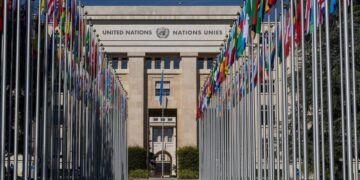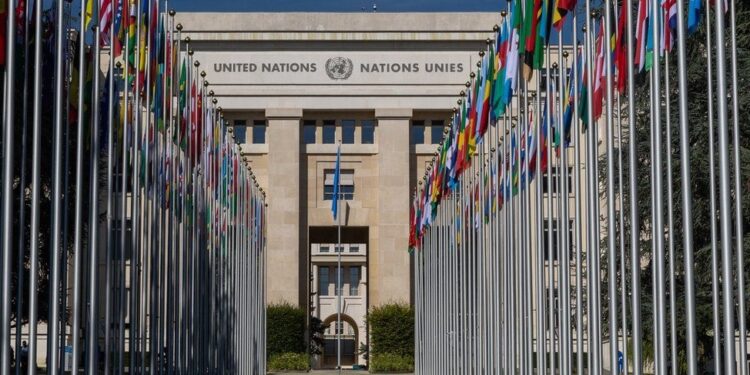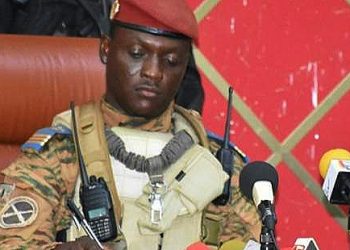By John Ikani
Russia’s attempt to regain its seat on the United Nations’ highest human rights body faced a setback on Tuesday.
Rivals secured significantly more votes during the General Assembly election, underscoring Western efforts to maintain Russia’s isolation.
In the secret ballot, Russia garnered 83 votes, while Bulgaria received 160 and Albania 123.
All three nations were competing for two seats on the Geneva-based Human Rights Council, with a three-year term beginning on January 1.
Louis Charbonneau, United Nations director at Human Rights Watch, stated, “UN member states sent a strong signal to Russia’s leadership that a government responsible for countless war crimes and crimes against humanity doesn’t belong there.”
Russia’s prior expulsion from the council took place 18 months ago, following its invasion of Ukraine in February 2022.
An investigative body mandated by the U.N. reported in March that Russia had committed various war crimes in Ukraine, including wilful killings, torture, and the deportation of children.
The International Criminal Court accused Russian President Vladimir Putin and Russia’s Children’s Rights Commissioner Maria Lvova-Belova of illegally deporting hundreds of Ukrainian children.
Russia denies the allegations and rejects the court’s jurisdiction.
A senior Russian official accused the United States of making extensive efforts to prevent Russia’s return to the Human Rights Council.
Maria Zabolotskaya, Russia’s Deputy Permanent Representative to the UN, remarked, “The United States campaigned for Albania. Such a campaign directly aimed against us is unprecedented.”
Despite initial signs of “Ukraine war fatigue,” Russia’s chances of returning to the council were not as close as some diplomats had thought.
According to Richard Gowan, the U.N. Director of the International Crisis Group, “It was not even that close in the end. I think Western diplomats may have been overstating the risk of a Russian win to keep UN members on their toes.”
In addition to Russia’s disappointment, China and Cuba emerged as winners in the election, which drew criticism from human rights advocates. The Uyghur Human Rights Project expressed concerns that “crimes against humanity and genocide apparently (are) not disqualifying actions for UN’s top human rights body.”
This organization advocates against what rights campaigners describe as grave human rights abuses by China against the predominantly Muslim Uyghur ethnic minority.
Juan Pappier, deputy director for the Americas at Human Rights Watch, also voiced reservations about Cuba’s membership in the Council, citing the nation’s history of systematic human rights violations.



































